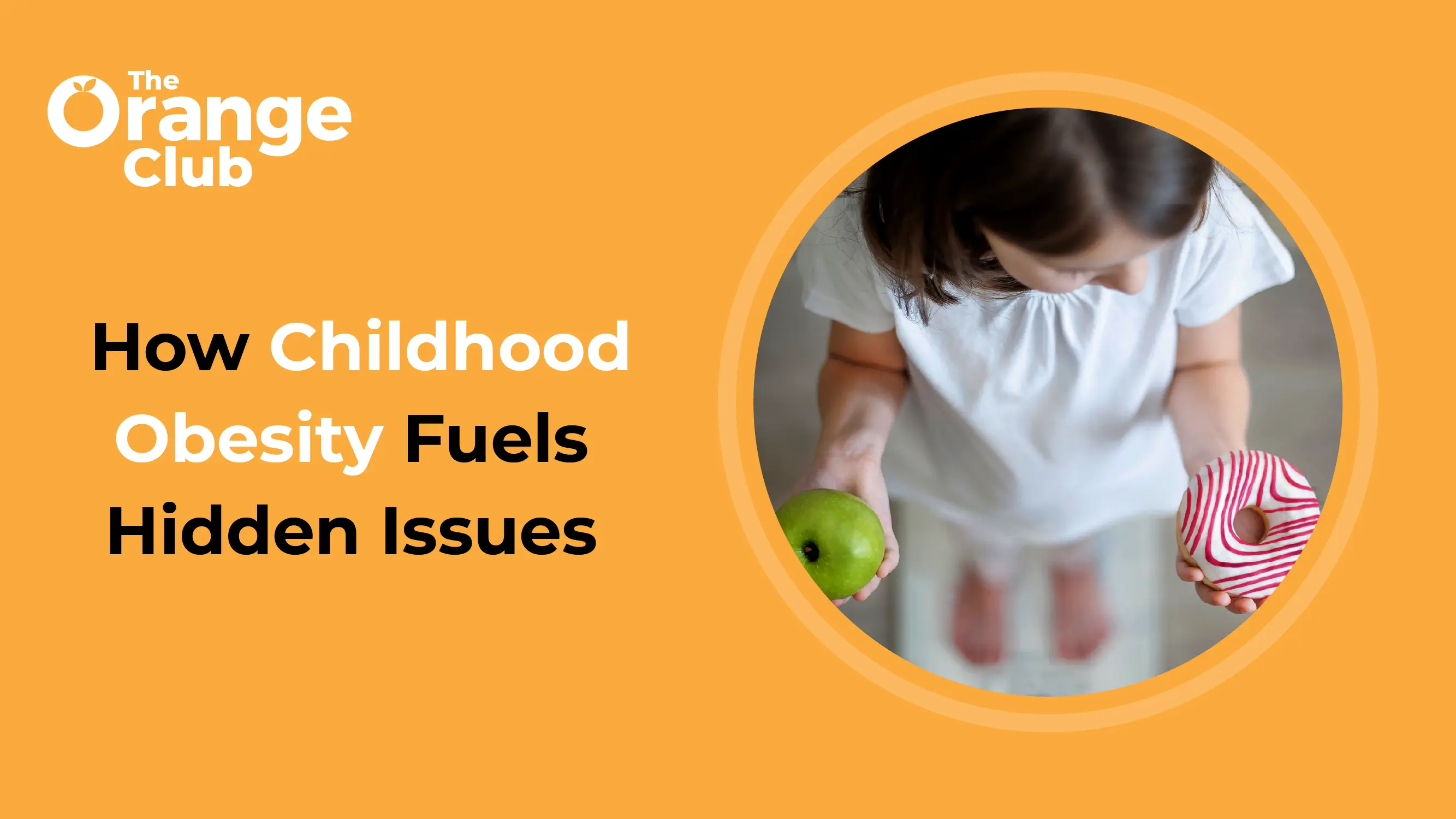Search for tests or checkups
SupportHow Soon Can HIV Be Detected by a Blood Test? Know the Window Period

HIV (Human Immunodeficiency Virus) testing is a crucial step in early detection and prevention. However, many people wonder how soon after exposure they can get tested for accurate results. The time it takes for HIV to become detectable depends on the type of test used and the body's response to the virus. Understanding the HIV window period can help determine the best time to take a HIV test and avoid false negatives.
Understanding the HIV Window Period
The HIV window period is the time between potential exposure and when a test can reliably detect the virus. During this period, the body may not have produced enough HIV antibodies or viral markers for detection, leading to false-negative results if tested too early.
HIV tests detect different markers at different times:
- HIV RNA (the virus’s genetic material) – Earliest detectable marker
- p24 Antigen (a protein from the virus) – Appears within a few weeks
- HIV Antibodies (produced by the immune system) – Appear later in the window period
Testing too soon may not provide an accurate result, making follow-up tests essential if recent exposure is suspected.
Types of HIV Blood Tests and Their Detection Timelines
There are three primary types of HIV blood tests, each with different detection timelines.
HIV RNA Test (NAT – Nucleic Acid Test)
- Detection Time: 10-14 days after exposure
- How It Works: Detects HIV RNA, the virus’s genetic material, before antibodies or antigens appear.
- Accuracy: Highly accurate for early detection, but not widely available due to cost.
- Who Should Take It? Best for high-risk exposures or early detection needs.
HIV 4th Generation (Antigen/Antibody) Test
- Detection Time: 18-45 days after exposure
- How It Works: Detects both HIV antigens (p24 protein) and antibodies, making it more reliable than antibody-only tests.
- Accuracy: The most commonly recommended test for routine HIV screening.
- Who Should Take It? Ideal for general screening and accurate detection within the 3-6 week window.
HIV Antibody Test (3rd Generation/Rapid Tests)
- Detection Time: 23-90 days after exposure
- How It Works: Detects only HIV antibodies, which take longer to develop.
- Accuracy: Effective after 3 months but not ideal for early detection.
- Who Should Take It? Best for routine screenings or self-testing kits.
Which HIV Test Should You Take and When?
Choosing the right test depends on how recently you were exposed:
- If you were exposed less than 2 weeks ago, the HIV RNA test is the best option.
- If exposure was 2-6 weeks ago, a 4th Generation test is recommended for accuracy.
- If it has been more than 3 months, an antibody test will provide reliable results.
If you test negative but believe you were exposed, a follow-up test is essential to confirm results.
What to Do After an HIV Test?
- If you test negative but were recently exposed: Retest after the window period to confirm.
- If you test positive: A confirmatory test is needed, such as another 4th generation or RNA test.
- If you were exposed within the past 72 hours: Post-Exposure Prophylaxis (PEP) may reduce the risk of infection.
- For regular screenings: If sexually active or in a high-risk category, get tested every 3-6 months.
When Should You Get Tested for HIV?
Routine HIV testing is recommended for:
- Anyone who is sexually active (at least once a year)
- People with multiple partners (every 3-6 months)
- IV drug users or those who share needles
- Pregnant women to prevent mother-to-child transmission
- Anyone who had unprotected sex or accidental needle exposure
Early detection helps with effective treatment, prevention, and peace of mind.
Getting tested for HIV at the right time is crucial for accurate results and early intervention. At Orange Health Labs, we offer fast, reliable, and confidential HIV testing from the comfort of your home or at one of our diagnostic centers. Our lab-based 4th Generation HIV tests provide highly accurate results, ensuring you get tested at the right moment for peace of mind and timely medical advice.
Don’t wait—book your HIV test with Orange Health Labs today and take control of your health with accurate and early detection.
Published Date: 2025-02-06
Also Read: Benefits of HIV Eclia Test | Common Questions on HIV (ECLIA) Test

Understanding 6 Primary Types of Allergies & Their Characteristics

Lifestyle Changes to Reduce Dengue Risk
